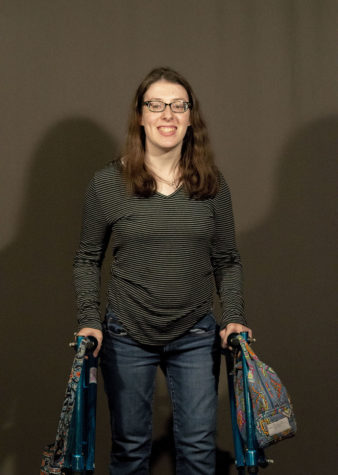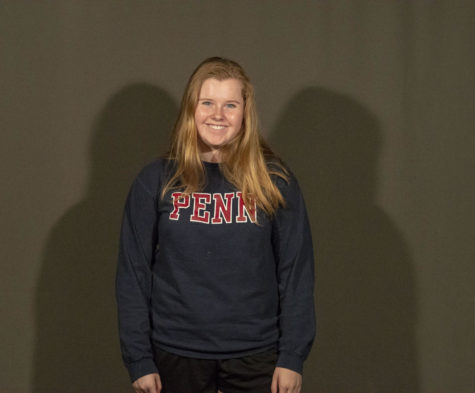Vali(date) me
High school students may use relationships to boost confidence
December 19, 2017
High school can be the start of many firsts. First car, first dance, first time considering dropping out of school, among other things.
Relationships are included in this list of firsts. The search for validation, especially validation found in a relationship, is not entirely uncommon or unnatural in high school. During adolescence, teenagers are still continuing to manage and work their way through various relationships with their peers. One main relationship that many adolescents become involved with during this time period are romantic relationships. One current way that several teens (and adults), involve themselves in romantic relationships is by breadcrumbing.
“Breadcrumbing basically means not being super interested in someone, but continuing to lead someone on,” Bela Gandhi, founder of Smart Dating Academy and a dating and relationship expert, said. “It’s leading somebody on with no intent of following through.”
Breadcrumbing is actually used a little differently by women than men, but the strategy is mostly the same for both genders.
“For some women, breadcrumbing is a way of flirting and keeping options open… Regardless of gender, it’s a way of flirting, passing time, maintaining options, and feeling validated,” Ian Kerner, Ph.D, and licensed psychotherapist, said.
As for the reasons why teens chase certain romantic relationships, many teenagers may believe they are pursuing a relationship out of desire, or more likely, out of feelings of love. However, teens could be pursuing relationships for experience, according to AP psychology teacher, Michael Rothrock.
“Teenagers are going to get into relationships for the first time because they’re experiencing something for the first time,” Rothrock said. “It’s just one of those things where as your brain is changing, social norms are changing. There’s also mental changes that lead to new decision making. As your brains developing from a somewhat simpler time from ninth grade years to a much more complex time… the testing of relationships is a natural thing that occurs.”
With the testing of relationships, an innate desire to be validated by someone or something can come, according to Rothrock.
“We seek to belong. We do have the need to be loved, to be cared for. Not only from our parents, but from our peers, and sometimes when those things being validated aren’t met, we seek to try and find it because biologically we need it,” Rothrock said.
Senior Emily Greer agrees that people search for belonging, including herself.
“I’m fairly confident in myself,” Greer said, “but at the same time I need a least some of that validation from being in a relationship—to make sure that I am liked and that I’m doing things right.”
According to Greer, this pressure to be in a relationship can come from society.
“This need [for validation] is based on wanting people to think highly of you,” Greer said, “and our society says that you get this validation based on how many people like you.”
NHS psychology teacher Stephanie Gilbert agrees that society and media may play a factor in the desire for relationships. Shows such as Riverdale and Pretty Little Liars often depict a popular girl with her boyfriend, which then may trigger a girl’s desire to have a boyfriend of her own. In some cases, the desire for a specific romantic relationship is so powerful that a person will end up changing who he or she is in order to gain the affections of their love interest, according to Esteemology, a relationship blog.
“We will engage in shape shifting behaviors, where we stop being ourselves and try to turn into whatever we think they might like best,” Esteemology says.
In other words, some people stop acting like who they truly are, and instead start acting differently in order to gain a specific person’s affections. If a person acts another way around his or her love interest than how he or she does regularly, the person eliminates the chance for his or her crush to learn who he or she truly is. Instead, the person’s crush falls in love with the lie, not the truth.
“By only seeking validation in relationships, I wouldn’t actually be caring about [the other person in the relationship], I’d just be caring about what they think about me,” Greer said. “If you’re only trying to be in a relationship just so that you don’t feel down, then it probably won’t work out because your intentions aren’t in the right place.”
Greer cautions against being in a relationship for students who often find themselves longing for validation.
“If you’re struggling with [belonging] maybe put off being in a relationship. Take some time to become more confident in yourself and appreciate yourself more, so that you don’t need anyone else to make you feel good about yourself,” Greer said.
Rothrock agrees with the sentiment of appreciating oneself.
“It’s okay to be by yourself and love who you are,” Rothrock said. “When you finally wake up and realize you answer to no one but yourself it’s an extremely liberating, powerful feeling.”




